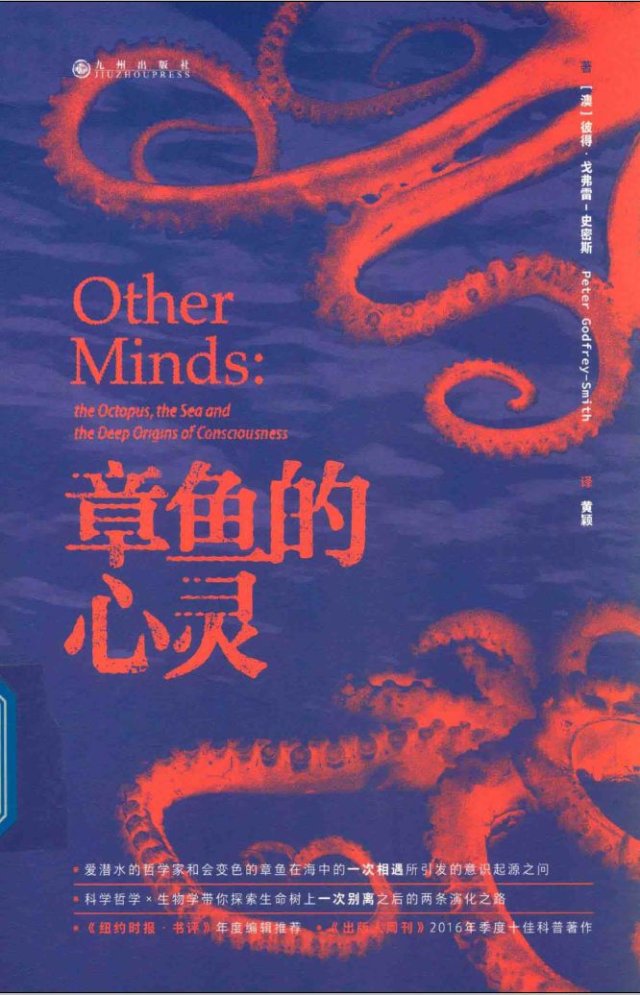这里记录我的一周分享,通常在周六或周日发布 (然而最近两周都比较迟,因为我在休假。越有时间就越拖拉,哈哈)。
KvH: One also has to look back at previous wars. One of the most amazing pieces of fake information that Russia keeps putting forward is this notion of Russian invincibility(不可战胜): unlimited reserves, unlimited personnel. That’s absolute nonsense.
If you look at the track record of wars in the past, Russia was not exactly successful. Whether you go back to the Russo-Japanese War, World War I, World War II, or the war with Finland, Russia lost again and again. This invincibility just does not exist, and they’re also going to lose in Ukraine.
I think the chances for Ukraine are pretty good, but it’s an extremely hard and long road.
https://www.kyivpost.com/post/66157
Kyiv Post
KvH: One thing I’m very glad about in Austria is that we still have compulsory military service. I think that’s very important, just to have some experience in that field. If you look at a country like Switzerland, you cannot have a career in civil service or certain other sectors unless you have had a military career, even in the reserves.
I think that’s a very good thing, because the military does not only take – it also gives a lot. It provides experience, leadership skills, understanding of group dynamics, and many other things that are also very important in other parts of life.
KP: What is your advice for the people of Ukraine?
KvH: Whenever I leave somebody, I say, “Stay safe.” That’s the most important thing. But for me, keeping up the spirit is at least equally important, because in the very end, it’s the spirit that decides over victory or defeat.
Weapons can help, but it’s the spirit that truly matters. That’s the spirit you can feel in Ukraine on many levels. Sometimes, of course, it’s missing, but on many levels, you can feel it – and it’s the spirit that has kept people going.
以下是GPT针对以上采访片段给出的翻译:
KvH:还需要回顾以往的战争。俄罗斯反复抛出的一个最离谱的虚假叙事,就是所谓“俄罗斯不可战胜”:兵源无限、储备无限。这完全是胡说八道。
如果看看历史上的战争记录,俄罗斯并不算成功。无论是日俄战争、第一次世界大战、第二次世界大战,还是与芬兰的战争,俄罗斯一次又一次地失败。所谓的不可战胜根本不存在,他们在乌克兰也会失败。
我认为乌克兰的胜算相当不错,但这将是一条极其艰难而漫长的道路。
KvH:我对奥地利的一点非常满意,那就是我们仍然保留义务兵役制。我认为这非常重要,至少能让人对这个领域有一些亲身经历。在瑞士,你需要服过兵役,哪怕只服过预备役,你才有资格进入公务部门或某些其他行业发展职业生涯。
我觉得这是件好事,因为军队并不是只索取,它也会给予很多东西。它提供实践经验、领导能力、对群体运作的理解,以及许多在生活其他方面同样重要的能力。
KP:你对乌克兰人民有什么建议?
KvH:每次和别人告别时,我都会说一句:“注意安全,多保重。”这是最重要的。但在我看来,保持(战斗)精神至少同样重要,因为到最后,决定胜负的正是精神。
武器可以提供帮助,但真正关键的是精神。在乌克兰的很多层面上,你都能感受到这种精神。当然,有时它也会低落,但在许多时候你都能感觉到——正是这种精神支撑着人们坚持下去。
每次读到独立博主的好的文字我都感激RSS。遗憾的是这么伟大的发明一直在式微和衰落。
人生若梦为欢几何 看着我对象的背影 觉得真的好喜欢。他自己省省的,却主动一直给我钱。所以我反而不会问他要钱,给多少全凭他自己意愿。我也不乱用,存在我们一起的账户里。(愿你俩纯纯傻傻的爱情永葆青春
Marskay 短视频成瘾后果:更强的无聊感。更差的满足感。注意力下降、意义感下降、幻灭感UP。不断切换会破坏大脑原本通过集中注意力才能获得的美好沉浸感(心流),同时不断强化『隔壁有更多更刺激选择』的预期心理,让你永远无法真正停留享受当前内容中,从而形成不断螺旋向下的循环。(我有一个经常刷短视频的朋友说他不喜欢心流状态,更喜欢用碎片时间完成任务。他真的经历过很多他所不喜欢的心流状态的感觉吗?我不确定。也许是因为那是他很难达到的地方,所以没法喜欢吧。把主流的时间用于玩耍和娱乐,利用碎片时间做点事情,能给一个人我的人生也没有完全虚度的感觉,让人心里好受一些。但碎片时间做事情是很难达成积累和进步的。好希望他能明白这一点。不过我还是不能明白,怎么会有人不喜欢心流状态。
聪明人不要把吝啬当成节俭,年轻时候的节俭可能变成年老时的贪婪。(这篇最初发表于15年前的今天。今天的我对此篇加了以下评论。
习惯了对自己吝啬也会不自觉的反感别人“大手大脚”。节俭有其意义但一定要有度。人生没有多么长,要记得对自己好点儿。
有明确的目标,学习才有效率。要真正掌握一门知识,就把它用到你的生活当中。
多鼓励人们依靠自身的力量,过多的指教和限制都会阻碍自立精神的培养。
我喜欢直白的建议。讨厌就是讨厌,喜欢就是喜欢。与自己能得到进步相比,面子什么都不是。所以,我不怕因言论或行为犯错而“打了自己的脸”。尝试了,知道了一种错误的方法,同样是收获。
蒙田:旅行时,为尽量从与他人接触之中学到东西,我总是设法让他们谈他最熟悉的东西。
正如普罗佩提乌斯在诗中写到:
让水手说风浪,
农夫夸他的牛,
牧童数他的羊,
当兵的数他的伤口。
Polebug 我跟AI说的最多的一句话大概就是:“你按照我的要求,一步步实现” 🤣 十分害怕它幻觉+发散
van shu 我每次觉得表达不清楚的时候,都会告诉AI,理解我的话并进行复述
Polebug 以前别人告诉我,运动/健身会上瘾,我非常不信。作为一个运动白痴+体力渣渣的人,我很难感受到运动的乐趣,上瘾更是无稽之谈。
但最近,我真的感觉到运动的快乐了!而且很积极地希望自己保持下去。
这种心态上转变是一个非常漫长的过程。
起因是 7 月的时候,我在小红书刷到家附近有普拉提卡的转让,当时感觉自己年纪大了之后容易发胖,需要适当运动来提高代谢。就找那个转让的姐妹,收了 41 次的普拉提课。
由于普拉提这种力量+柔韧训练,对我还是难度太大了。到现在 5 个月,我断断续续只上了 15 节课。
但随着时间的变化,我的接受度在不断提高,上课中感受到的痛苦开始降低,运动之后的快感开始大幅提升,再加上保持运动带来的身体上的变化,这一系列都在持续带给我正反馈。
突然想到之前看《福格行为模型》说到,习惯的保持是能力 + 动力。如果一件事变得越来越简单、容易做到,并且持续带给你动力、正反馈,那就更容易坚持下去。
希望自己以后遇到难事,也可以这样坚持下去~
chatGPT: 吃身体不需要的食物,才是真的浪费。(剩点饭就剩点吧,不用勉强吃掉
Mork 人类可以在日落、音乐、人脸、峡谷、风力发电站或任何地方发现美。美只是一种使他们意识到人生短暂的提醒。
苏格拉底:没有检视的人生不值得活。
fomalhaut 还是豆友会说:与其贬低自己,不如赞美他人
Bobo
对闺女教育观念的转变
before:
Do you need help?
Let me help you.
I’ll do it with you.
It’s okay, I’ll take care of it.
after:
I want you to try first before asking for help.
Tell me what’s hard for you and why.
Then tell me how I can help you.
You’re in charge of your schedule.



